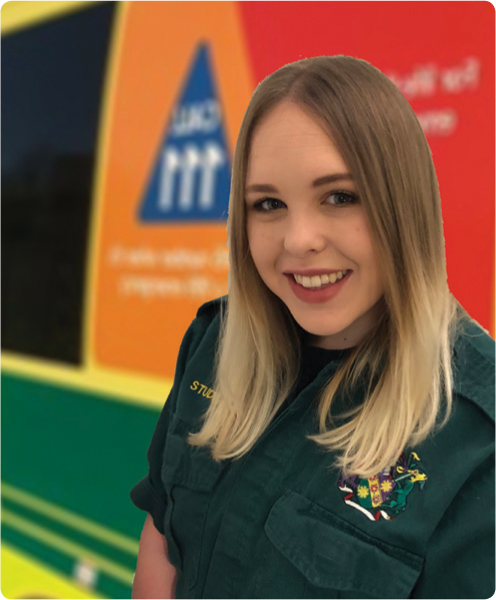
I think we can all agree this is an incredibly strange time. No one knows entirely what we are supposed to do or even say other than doing the best we can for our patients. Working on the front line during this pandemic has been a surreal experience and one I will never be able to forget. For most of the time, we are treating what we see, following the newest policies that are updated almost every day to meet new research and expert opinion; but some days, the answer is not so clear.
I have always held the view that we need to maintain a level of emotional distance when it comes to the care of a patient; not only to remain professional but to allow an element of protection for ourselves. I found out recently that this is not always so easy as I became emotionally involved in the care of a frail, elderly patient with dementia because I felt that the decision being made was not in her best interests.
I will not be sharing the specifics of the incident but instead, I shall highlight the different opinions when it comes to a best interest decision and what is right for the patient. The experience we have as out-of-hospital clinicians is so unique, and can often toughen us to the realities of what care people will receive at different times of their lives. This is particularly the case for those who are approaching the end of their lives and we face the moral dilemma between when to actively treat and when to help facilitate a dignified death.
Dignity at the end of life is something I feel very strongly about and knowing when that decision needs to be made can be extremely difficult; especially when that decision is being made in a patient's best interest. With the challenges posed by the current pandemic, it is even more imperative that we try to embrace a holistic approach to care so that our elderly who are frail and living with dementia can be cared for with dignity and respect. To transport or not to transport to A&E is the dilemma, and the patient's doctor and I had contrasting opinions. I felt strongly that arranging palliative care with support of the care home staff was the best option. However, the doctor felt strongly that the patient needed active treatment in hospital, and she would no longer be providing care to her in the community.
My opinion was dismissed and invalidated on the basis that I am a paramedic despite me voicing my concerns that this felt wrong. It is heart breaking when a decision is forced upon you which will directly impact a patient and, for the first time in my career, I cried during patient handover.
I am sharing this experience to emphasise how important I feel it is for each of us to have the courage to speak out when we feel something is wrong, even in instances when we are not heard. We need to know we tried, for them… for her.

